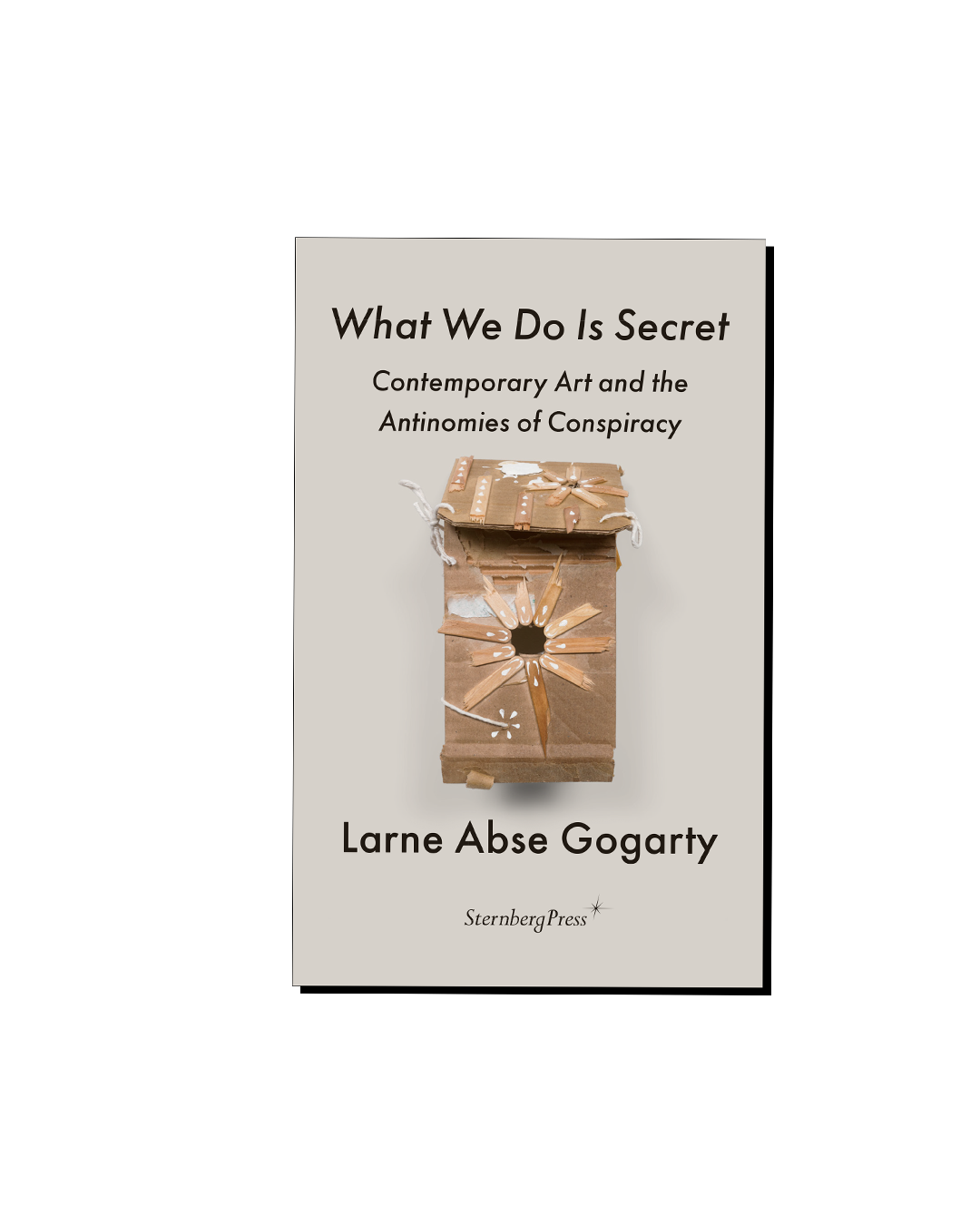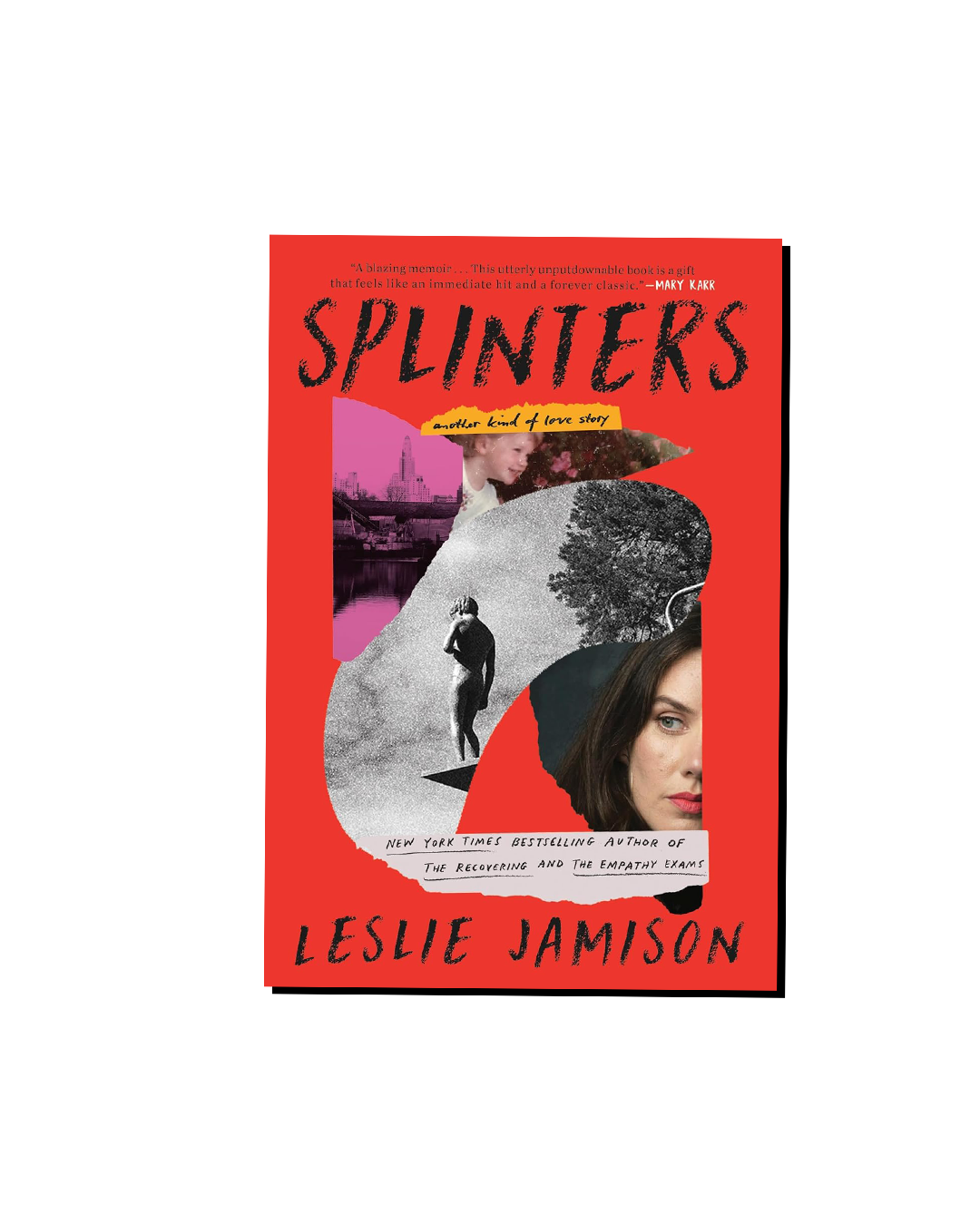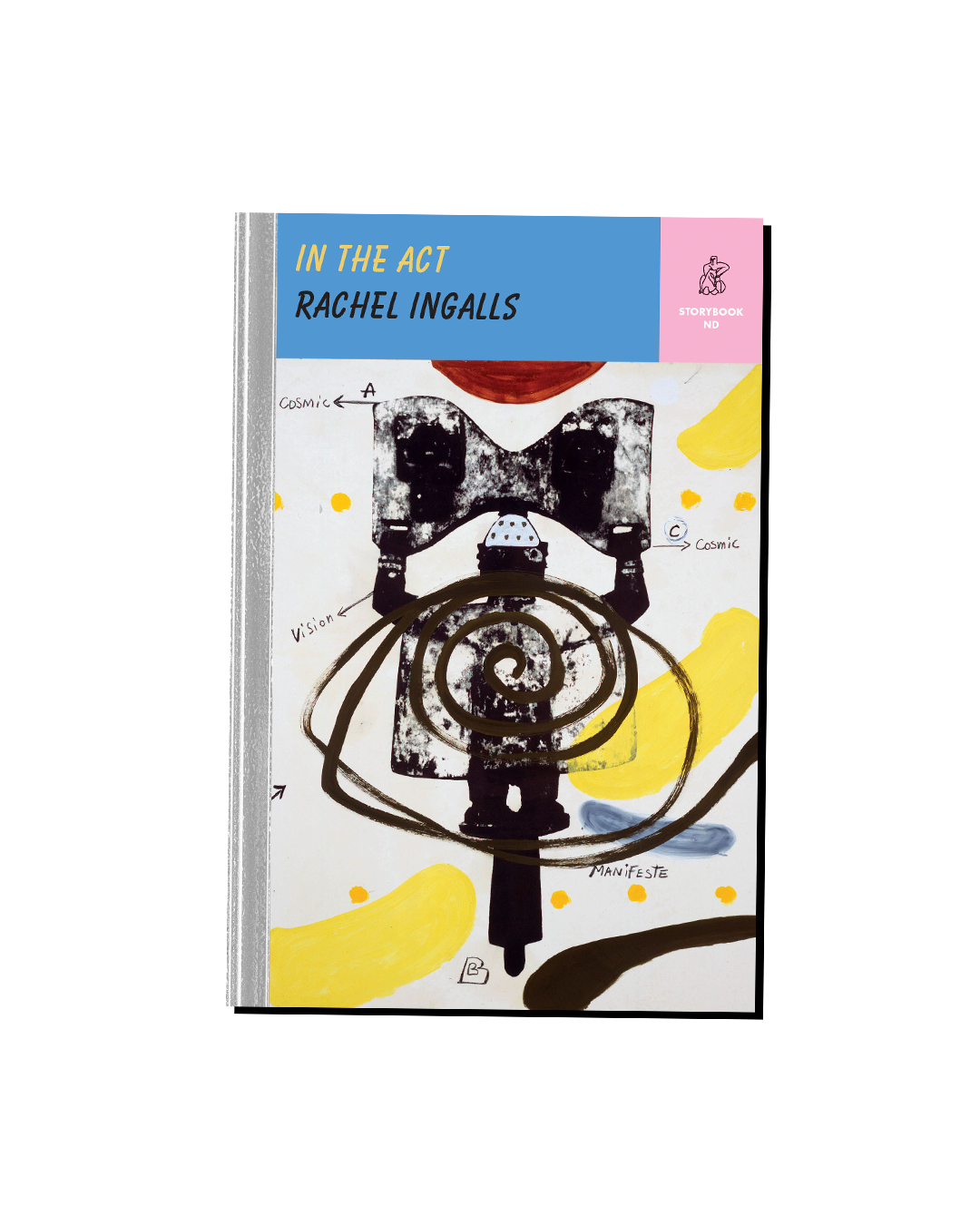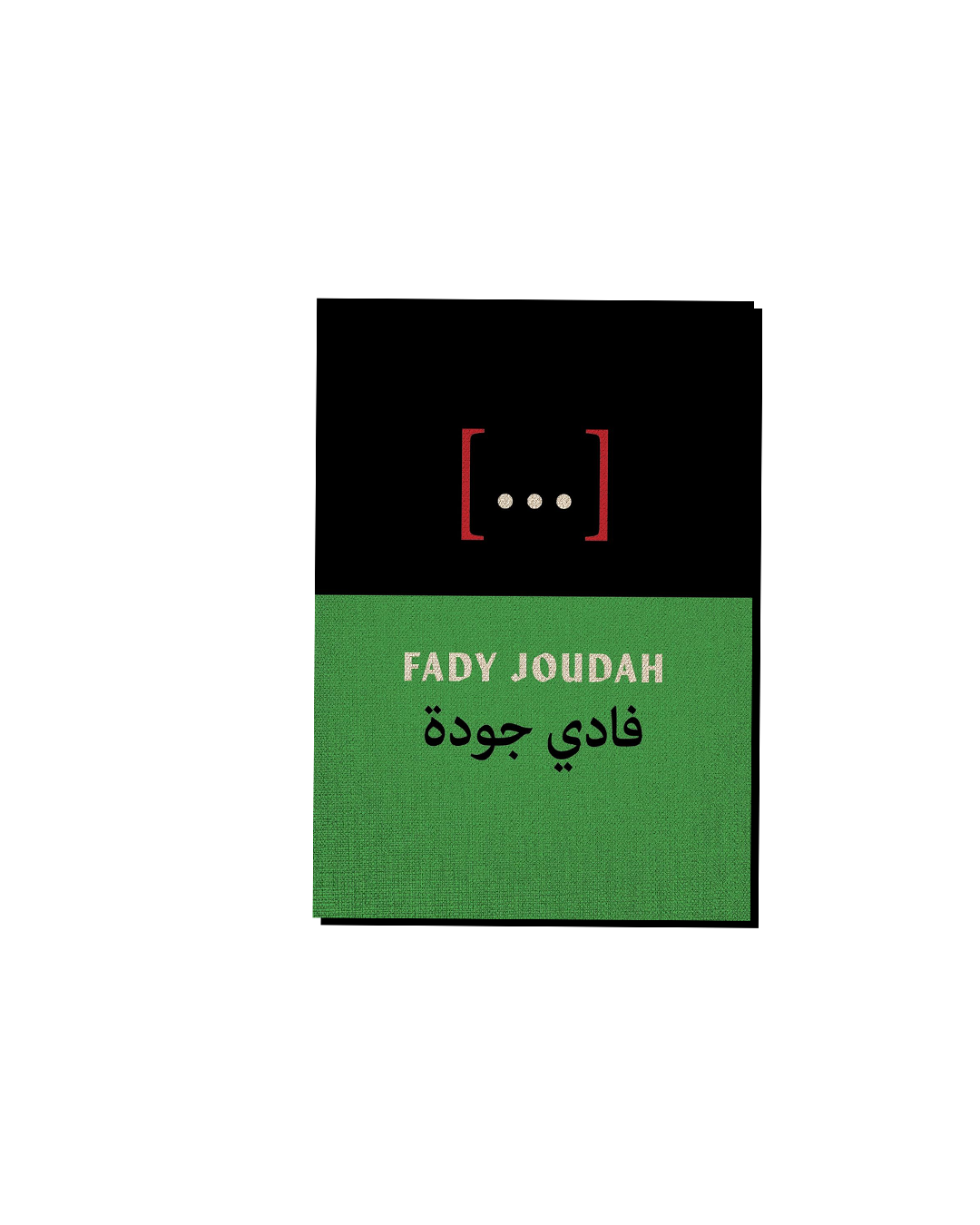Feelings Over Facts: Conspiracy Theories and the Internet Novel
But they also promise a conditional escape: if you attain the right knowledge and listen to the right people, you might be able to save yourself and those you love.
Eating Time: On Marosia Castaldi’s “The Hunger of Women”
Rosa has entered a different understanding of time and its allotments, one removed from the linear progression for heterosexual women as dictated by girlhood, marriage, and childbirth.
Make It News: On Chris Marker’s “Eternal Current Events”
Marker’s lesson, in part, is that the news is what you make it, but you cannot make it just as you please.
Emptying the Pond to Get the Fish: On Robert Bresson
His films have neither the populist classicism of Francois Truffaut nor the chic experimentalism of Jean-Luc Godard; and unlike with Eric Rohmer, no one is curating Instagram accounts with outfits from his oeuvre.
Going Wild: On Kathryn Bromwich’s “At the Edge of the Woods” and Nan Shepherd’s “The Living Mountain”
At the Edge of the Woods is at once a feminist revenge fantasy, a fabulist tragedy, and a psychedelic paean to the wonders and blessings of the natural world. It might be best summarized, though, as the story of a barren individual—reproductively, but also metaphysically—regaining the ability to feel.
Not My First Review: On Honor Levy’s “My First Book”
Far from the “novel in tweets” that critics warned us about, we’ve instead arrived at the primacy of the disembodied voice as a character in of itself, jostling in the void to be the loudest of them all.
Ethics of “Serious Culture”: On Greg Jackson’s “The Dimensions of a Cave”
If Jackson’s slim but astonishing oeuvre thus far boasts a leitmotif, it’s the (often male) doubles who embody some iteration of the dichotomy of the radical and the bourgeois—the guy who goes all in for life and love, and the guy who hedges his bets.
Reading Wo Chan in Ohio: On “Togetherness”
Wo’s is a drag poetics, intentionally unearthing all the unexamined bits of personhood, nature, and language itself in a sizzling burst of sequins.
Mired by Monolingualism: On “The Autobiography of a Language”
These languages are kin; overlapping in vocabulary and structure, but diverging in pronunciation: Ukrainian, it is said, is more melodic.
Beauty in the Breakdown: On Leslie Jamison’s “Splinters”
A certain kind of glamor resides not just in possessing a void like the great emptiness—which lends the person who holds it an air of depth, impenetrability, and mystery—but in one’s reaching for destructive, impulsive, or obsessive remedies to fill that void.
A Presence Solved by Its Own Absence: On Anne Carson’s “Wrong Norma”
Whatever answers are to be found lie in the blank space around them, that looming, claustrophobic blankness. Snow. Shame. History. Monstrosity. The steaming, stinking heap of it. Carson lets it answer for itself.
A Tourist in the Underworld: On Tomas Tranströmer
To begin with “klang” is inherently onomatopoetic: you get the primary sound and also its “klang,” you get the signification and its associative resonance. So many of Tranströmer’s poems are about listening, or even living, in a kind of sonic aftermath.
Third Place Husbands: On Rachel Ingalls’ “In the Act”
It is not uncommon for love to become transactional over time, and for ideals like romance to eventually give way to revenge and hatred.
“To Remembrance When a Mercy”: On Fady Joudah
Because the question, as Joudah points out, is not repeatedly being asked: do you believe that Palestinian lives are equal to Israeli lives and Jewish lives?
Grief’s Many Voices: On Blake Butler’s “Molly”
Unlike these other texts of loss, he never settles on one position, the memoir reading like a “revolving door” of these roles: Pathologist, Mad Lover, Investigator, Director, Freudian Psychoanalyst, Diarist.
Gulp Fiction, or Into The Missouri-verse: On Percival Everett’s “James”
Can one tell Twain’s story from Jim’s perspective without creating a flimsy, second-hand imitation of Jim’s voice which dooms the experiment from the start?
Washington, May 1956: On Clarice Lispector’s “The Apple in the Dark”
Perhaps, newly attuned to her own insatiable desire to create, she would reach her own form of understanding from the drafts that she would copy out eleven times by hand.
Modernism’s Anti-Myth: On Cesare Pavese’s “Dialogues with Leucò”
It was not so much a “dreaminess” as a wakefulness, an increasingly desperate one of the more-than-human, the more-than-now, which modern history throttled and tried to deny.
Our Neighbo(u)rs to the North, Aflame: On John Vaillant’s “Fire Weather”
As a midwesterner, my life has been saturated with Alberta’s oil. My first car, a used Ford F-150 with a bench seat stained brown from the plumber who owned it before me, had dual fuel tanks that held over thirty gallons of gasoline. Much of that gas came from Alberta oil.
What was Ukraine?: On Volodymyr Ishchenko’s “Towards the Abyss”
Ishchenko argues that the burden of the post-Soviet left is debatably its greatest asset: that people remember how it felt to be part of communism’s utopian project, and that before today’s war, a strong plurality of Ukrainians felt ambivalent about, not hostile to, its cause.




















